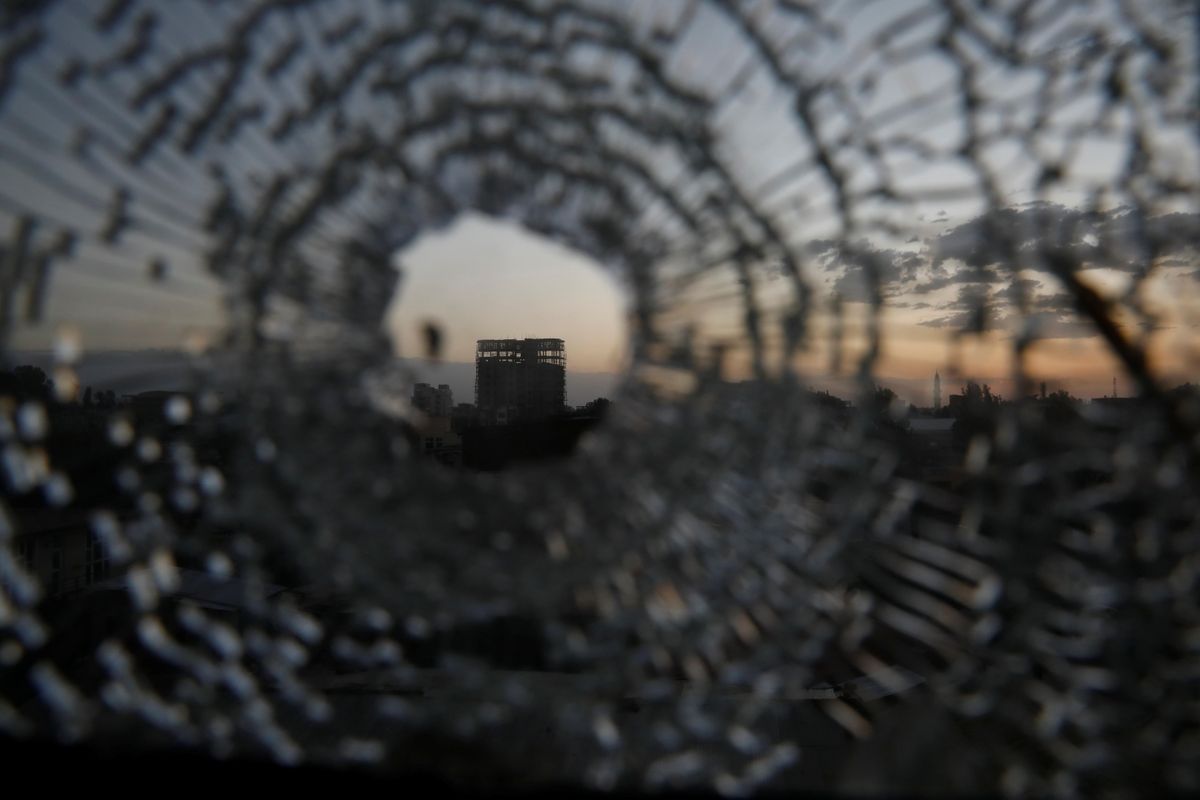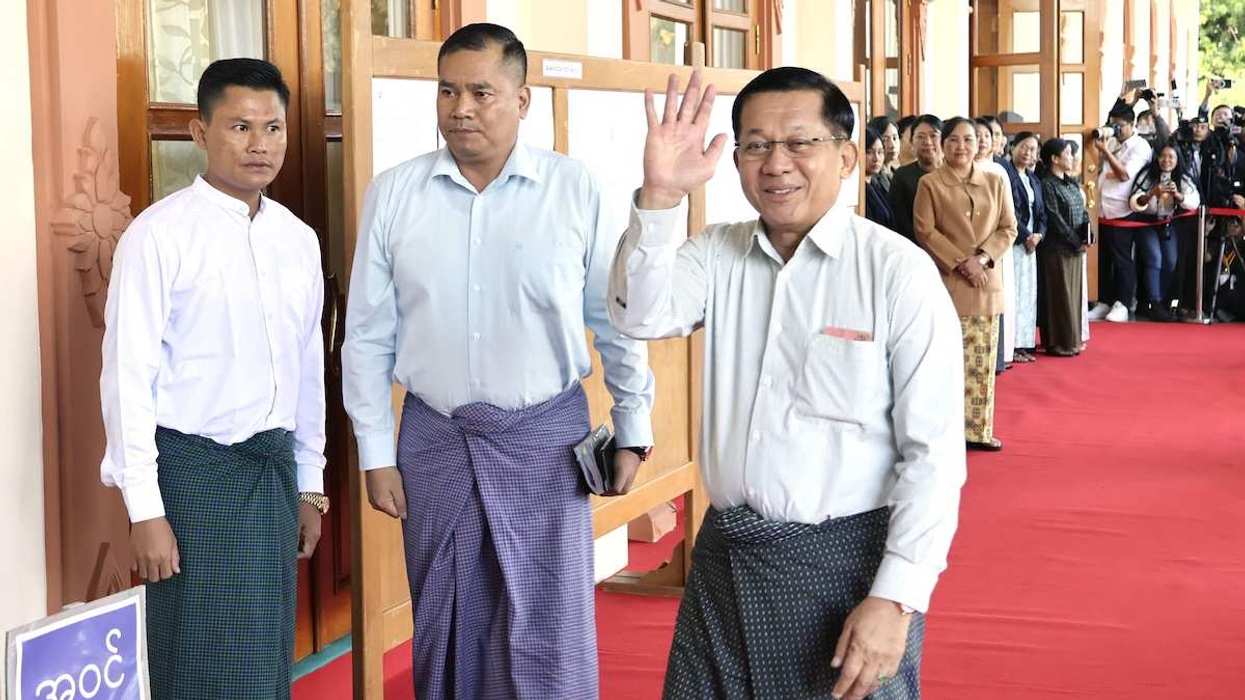For eight months, one of the world's most gruesome civil wars has raged in the East African nation of Ethiopia, pitting the national government against militant leaders in the ethnically-distinct region of Tigray. But earlier this week it looked like the conflict had suddenly stopped after an unexpected ceasefire offer from the government. Will the truce hold, and what's at stake for the country and the wider region? Let's take a look.
First, why is this such a big deal? For one thing, it's in Ethiopia, which just three years ago was one of Africa's fastest-growing economies, standing out as an oasis of relative calm compared to its conflict-plagued neighbors in the Horn of Africa. In 2018, largely peaceful protests ousted the leader of an authoritarian government long dominated by ethnic Tigrayans, and a young reformist prime Minister named Abiy Ahmed took power. He opened the economy, freed political prisoners, and won international accolades. Abiy even won the Nobel Prize for ending decades of war with the neighboring gulag state of Eritrea, a major source of Europe-bound refugees.
Fast forward to November 2020, when a dispute over national election dates ignited long-simmering tensions between Tigrayan leaders and the federal government over Tigrayan autonomy. Shots were fired. The internet was cut. The national army invaded Tigray. Eritrea then got involved on the side of its former enemy Ethiopia.
Since then, at least 60,000 people have fled to Sudan and over 2 million have been displaced. International observers have warned of famine and genocide, raising the specter of yet another protracted humanitarian crisis with ripple effects for the entire Horn of Africa. Key Ethiopian allies, including the US, have pressured Addis Ababa to stop the bloodshed.
What happened on Monday? After a major counteroffensive, nationalist forces led by the Tigray Peoples' Liberation Front forces retook the region's capital. An hour later, the Ethiopian government declared a unilateral "humanitarian" ceasefire. Addis Ababa says its truce will be in place until the end of the planting season in September, which is crucial for farmers to produce food for starving Tigrayans.
Why now? The Tigrayans' recent strategic gains were crucial. We learned from Eurasia Group analyst Connor Vasey that the Ethiopian army was "losing ground fast" to the TPLF. There is also an election angle: Ethiopia has just held a general vote which Abiy is set to win, despite some opposition boycotts and no participation by Tigray. His election campaign relied in part on pro-war politicians, but Abiy may feel he has more room to talk with the Tigrayans now that the vote is over.
What comes next? It's hard to say. First, the TPLF has yet to respond to the federal government's unilateral ceasefire with its own truce.
Second, as William Davidson from the International Crisis Group told us, the two warring parties must figure out how to provide much-needed relief to the civilian victims of the conflict. In particular, he explained, having withdrawn its forces, Addis Ababa has to resist the temptation to interrupt humanitarian aid as a way to undermine its Tigrayan rivals.
Third, any long-term resolution will require both sides to sit down and clarify what they want from each other. Some Tigrayans, for example, demand independence, while others prefer for the region to maintain broad autonomy from the federal government but without breaking away from the rest of the country.
The wildcard: Eritrea. Although Eritrea says it's already pulling out its troops from key towns in Tigray, the Tigrayans are wary of the Eritreans because they intervened to support Ethiopia and claim parts of Tigray's territory. "A critical question now for the conflict is whether Eritrea's military will withdraw fully from Tigray," Davidson said.

















